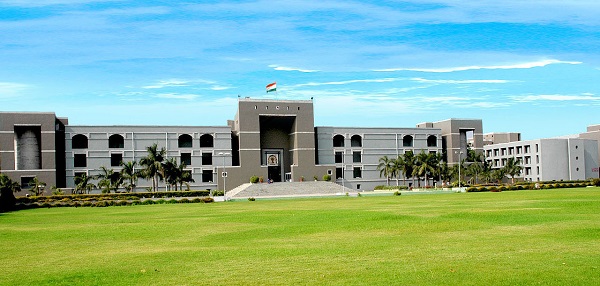The recent ruling of Gujarat High Court (HC) Torrent Power Ltd. v. Union of India, strikes down paragraph 4(1) of Circular No. 34/8/2018-GST dated 1 March 2018 as being ultra vires to the provisions of CGST Act and exemption notification No. 12/2017-Central tax (Rate), dated 28 June 2017.
On 1 March 2018, CBIC issued Circular No. 34/8/2018– GST. Paragraph 4(1) of the circular clarified that following charges recovered bJy DISCOMS (Distribution Companies) from consumers are taxable:
- Application fee for releasing connection of electricity
- Rental Charges against metering equipment
- Testing fee for meters/ transformers, capacitors etc.
- Labour charges from customers for shifting of meters or shifting of service lines
- Charges for duplicate bill
Subsequently, based on the circular the DGGI issued summons to the petitioner requiring them to submit details relating to charges as mentioned in the impugned circular for all years commencing 2012-13 & proposed to levy service tax and GST on such charges.

Petitioner contention:
- The charges such as meter rent and other similar charges are specifically included in the charges for electricity as per the provisions of the Electricity Act. Such activities are mandatorily required to be carried out for the purpose of supply of electricity. It is not possible to supply electricity without undertaking such activities.
Revenue contention:
- Under GST, when tax is leviable on one service and the other service is exempt, Section 8 of the CGST Act (provision taxing composite supply in same way as principle supply) would not apply.
- Further, as per the definition of ‘composite supply’, its constituent supplies should be so integrated with each other that one is not supplied in the ordinary course of business without or independent of the other. Henceforth, the subject services may not necessarily be supplied so as to provide services of transmission and distribution of electricity.
The key observations of HC are as follows:
- Services which were included within the ambit of transmission and distribution of electricity during the pre-negative list regime cannot now be sought to be excluded by merely issuing a clarificatory circular, that too, with retrospective effect.
- The circular only provides an interpretation of when a service would stand included in another service, that is, when such service is an essential activity having direct and close nexus with the exempted activity.
- Therefore, the fact that the exemption notifications came to be rescinded would have no bearing in as much as the circular only clarifies what according to the Government would stand included in another service. Such interpretation would not change merely because the exemption is now granted under some other provision.
- The meaning of ‘transmission and distribution of electricity’ does not change either for the negative list regime or the GST regime. All these services are essential activities which have a direct and close nexus with transmission and distribution of electricity
- Such services would stand covered by the exemption granted to transmission and distribution of electricity. The principal supply and the related/ ancillary services go hand in hand and one cannot be provided independent of the other.
- The services provided by the petitioner are in the nature of composite supply and therefore the tax liability has to be determined by treating the same as a supply of transmission and distribution of electricity (which is the principal supply).
Comments:
Although the circular issued by CBIC is not binding on the taxpayers, the ruling of Gujarat HC has cleared the ambiguity that had arisen due to conflicting view in the circular issued under GST and is likely to benefit not only the power distributing entities but also the end consumers.
The ruling confirms the position that a composite supply could include an exempt supply also. However, there are media reports that GST Council is considering to unbundle supplies which consist of both taxable and exempt supplies.




